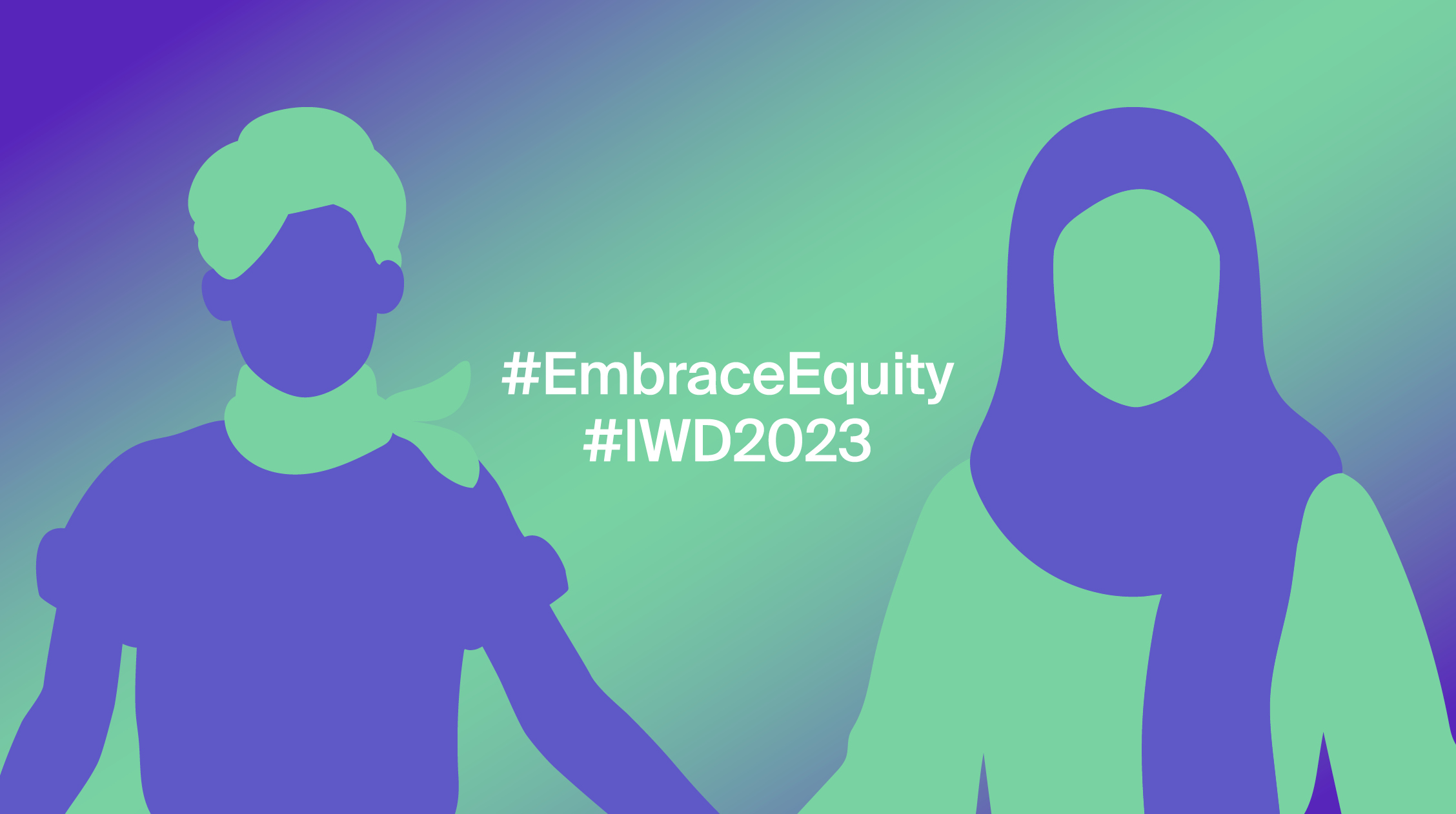
Six Women Forging Change in STEM Today
For International Women’s Day (IWD), we’re looking at how women are making strides in science, technology, engineering, and mathematics (STEM).
#EmbraceEquity
This year, the theme of IWD is #EmbraceEquity. By embracing equity, we acknowledge that cultural and social forms of discrimination have led to gender disparities, especially in work. For example, in STEM, women are significantly underrepresented. And in tech in particular, women are confronted with increasing biases which can lead them to opt out of a career in the field.
Interestingly, a recent study revealed that children aged 3–5 years old were found to ‘show less support for counter-stereotypical STEM career choices’. This indicates that biases about women in the workforce are picked up young. Visibility is key to counteracting these long-standing biases. Celebrating the innovative work of women across STEM is important to promote the future of women in these fields.
Women forging the path forward in STEM
Here, we focus on six women forging change in STEM today.
1. Segenet Kelemu
Segenet Kelemu is helping to transform how agriculture is practiced in Africa, South Asia, and Latin America.
After becoming the first woman to attend Addis Ababa University in Ethiopia from her region in 1974, Segenet Kelemu went on to obtain her MA and Ph.D. in the US. Kelemu’s work is instrumental to the development of sustainable practices and bioscience, specifically within Africa.
Some of Kelemu’s recent research explores how edible insects can be used to respond to multi-drug resistance (MDR) in pathogens. The research provides a basis for exploring insect-derived antibiotics that can mitigate the rise of MDR, which is expected to lead to 10 million deaths annually by 2050. Importantly, Kelemu and her team identified insects that can produce antibacterial and antifungal peptides/polypeptides (AMPs) to be used in new treatments.
Kelemu is also the first woman to lead the International Centre of Insect Physiology and Ecology (ICIPE). Here, she works to bridge disparities in research on agriculture by using cutting-edge technologies to provide education and inspire innovation.
The ICIPE focuses on human health, plant health, and insect health to counteract food insecurity while achieving the Millennium Development Goals. With their key focuses including capacity building and institutional development within Africa, the organization directs resources towards educating underrepresented groups, including women.
2. Fei-Fei Li
Fei-Fei Li is an important figure in the field of AI. She created ImageNet, a database that has been widely used in object recognition software. The database has aided advances in deep learning and AI.
Lei then then co-founded the Human-centred AI institute (HAI) at Stanford. The institute looks at the ways in which AI technologies will influence us in areas like government, academia, and society. Some of the research explores how we can protect people and wildlife by leveraging AI technologies, as well as the use of AI in healthcare.
In 2015, Fei-Fei Lei and her Ph.D. student at the time, Olga Russakovsky, set up the organization AI4ALL. AI4ALL provides access for underrepresented groups in the field. The organization focuses on building skills, opening doors, and creating leaders through initiatives like the Open Learning Curriculum for high schools, as well as the College Pathways program for university students looking for a career in AI. Students who complete the College Pathways program are invited to join the Changemakers in AI community.
Importantly, in 2021, over 77% of the participants in AI4ALL’s ‘Changemakers in AI’ program were women. This is in line with the aim of promoting historically underrepresented voices in the field. With 50% of their 2021 alumni attaining an internship in the same year, this bodes well for increasing the number of women in the field of AI. This is promising as women make up only 26% of workers in data and AI roles worldwide.
A more representative workforce can mitigate biases that might be programmed into human-led technologies. Issues like bias in AI are directly related to the representation of people working in the field. By ensuring greater representation, we can make sure that technologies of the future are inclusive and reflective of the people who use them.
3. Brenda Penninx
With over 21,000 citations, Brenda Penninx is a leading figure in psychiatric epidemiology. She is currently a full Professor at Amsterdam University in digital and mental health, psychiatry, and other specializations.
Penninx studies the way that mood disorders like anxiety and depression present. She’s led initiatives like the MARIO project, which looks at intergenerational stress and resilience. And since 2004, she has led the Netherlands Study of Depression and Anxiety (NESDA). The aim of NESDA is to explore the etiology and consequences of anxiety and depression.
Some of her more recent work, published in Journal of Clinical Medicine, looks at the impacts of COVID-19 lockdowns on mental health. The research focuses on people with health conditions such as major depressive disorders (MDDs) and multiple sclerosis (MS). Interestingly, Penninx and her colleagues found differences in stress resilience, noting that the expected adaptability of women receiving increased social care may lead to reduced levels of severe depression among women participants.
Penninx also studies factors like ageing in relation to women’s mental health, exploring the way social circumstances contribute to health. In the book Women and Depression, Penninx points out that as women make up the majority of older people, building an understanding of the way mental health is impacted by factors like age can help to treat health conditions that may arise for women in particular.
4. Jennifer Doudna
Jennifer Doudna was awarded the Nobel Prize in Chemistry 2020, along with her colleague Emmanuelle Charpentiere, for developing the CRISPR-Cas 9 gene-editing method. The two women developed the method to facilitate high-precision genome editing. Using the CRISPR-Cas 9 gene-editing technique, individual genes can be manipulated.
Doudna is a key figure in the ‘CRISPR revolution’. She’s opening up new research areas to study, prevent, and treat diseases and improve crop growth.
In an interview with the Women in Medicine Legacy Foundation, Doudna spoke about the barriers she had to work against when making progress as a woman in science. Prejudices about the role of women in science mean that women in these fields must work to make progress in STEM and to forge a clear pathway for themselves as women in science.
Doudna also noted that she found inspiration in women like Rosalind Franklin, author of The Double Helix. Seeing women in science can make it clear for aspiring scientists that women have a space in the field.
5. Asha de Vos
Asha de Vos is a leading figure in marine research based in Sri Lanka. As part of her work, she advocates for increased diversity in marine research.
After obtaining her Ph.D. in marine mammal research, de Vos created the non-profit Oceanswell. Oceanswell is a marine research and conservation organization based in Sri Lanka. It helps affect change by ‘equipping students from underrepresented nations to conduct marine conservation research’.
Through Oceanswell, de Vos launched the Blue Whale Project in 2010. Blue whales are the largest known animal in human history, and can be longer than 100 feet. Because of their importance to marine life, the project focuses on reducing the impact of ship strikes on blue whales. Conservation is key to protecting life on Earth, and the work of de Vos in the North Indian Ocean is pivotal to this effort.
As noted by Women in Ocean Science, there’s a ‘leaky pipeline’ for women in this field. The ‘leaky pipeline’ concept describes the disparity between women becoming qualified in the field and the employment opportunities available to them.
Promoting the work of women like de Vos demonstrates to women contemplating a career in science that their contributions are not just valued, but paramount to the successful development of research.
6. JoAnn E. Manson
JoAnn E. Manson currently works as a Professor in the Department of Epidemiology at Harvard Medical School. She is also one of the most cited scholars in the world, with an h-index of more than 300. Her research on heart disease, stroke, cancer, and diabetes has led to breakthroughs in epidemiology.
Manson began her career as one of the first researchers studying women’s health. For example, in 1976, she led the Harvard Nurses’ Health Study, one of the largest studies in US history related to women’s health. Her work helped to advance areas like reproductive health, including menopause.
Menopause is an often-overlooked issue in workplaces. Menopause tends to occur over the course of several years and leads to symptoms like anxiety, insomnia, and hot flushes. These symptoms, for many women, can be debilitating. By promoting research on this topic, we can build a better understanding of how to cater to menopause-related needs.
Manson continues to identify new avenues to support women in healthcare settings. Some of her more recent work looks at sex differences and modifiable risk factors in relation to arterial fibrillation, which is now more prevalent due to ageing populations.
Women in STEM in future
All of these women have made invaluable contributions in their fields. We need to prioritize the position of women in STEM and continue building on their successes. By doing so, we can continue to advance fields like tech and STEM in important ways.

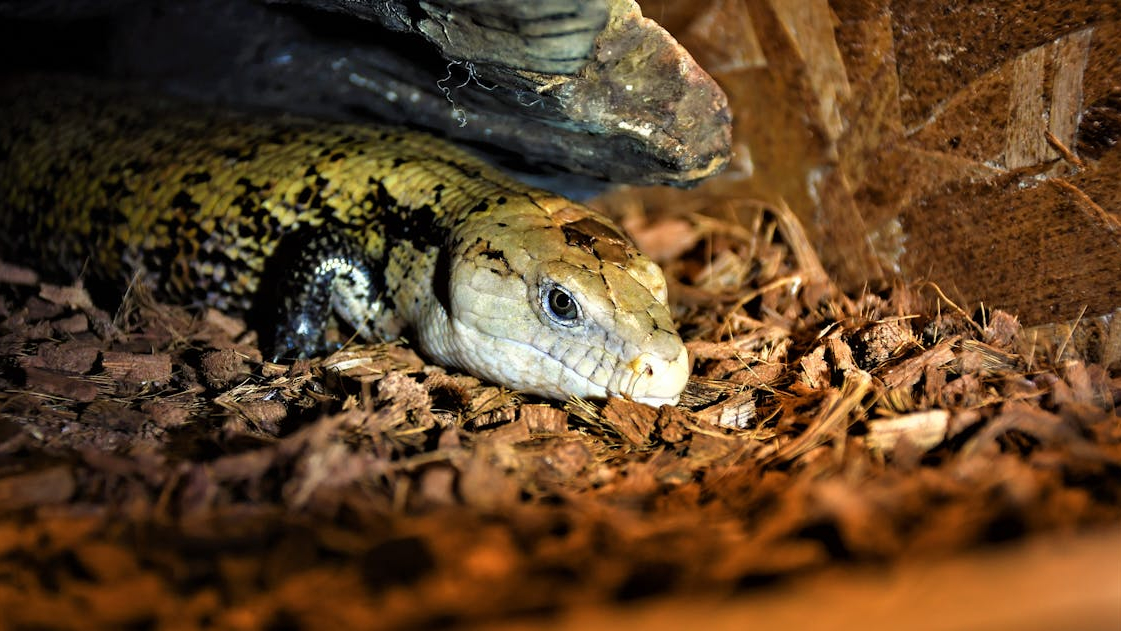
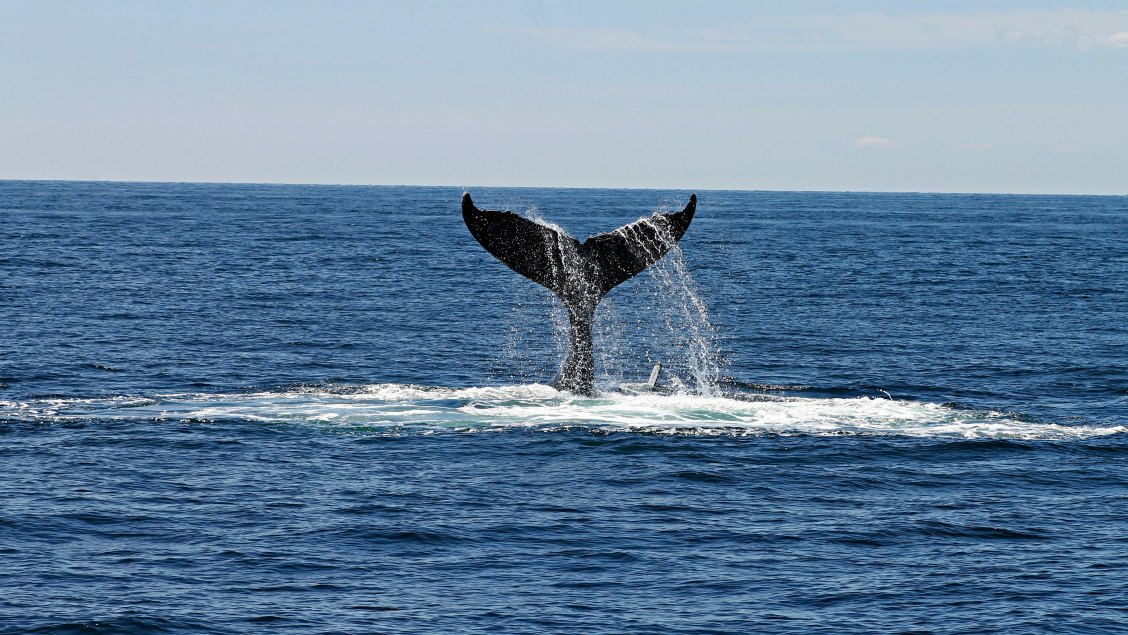
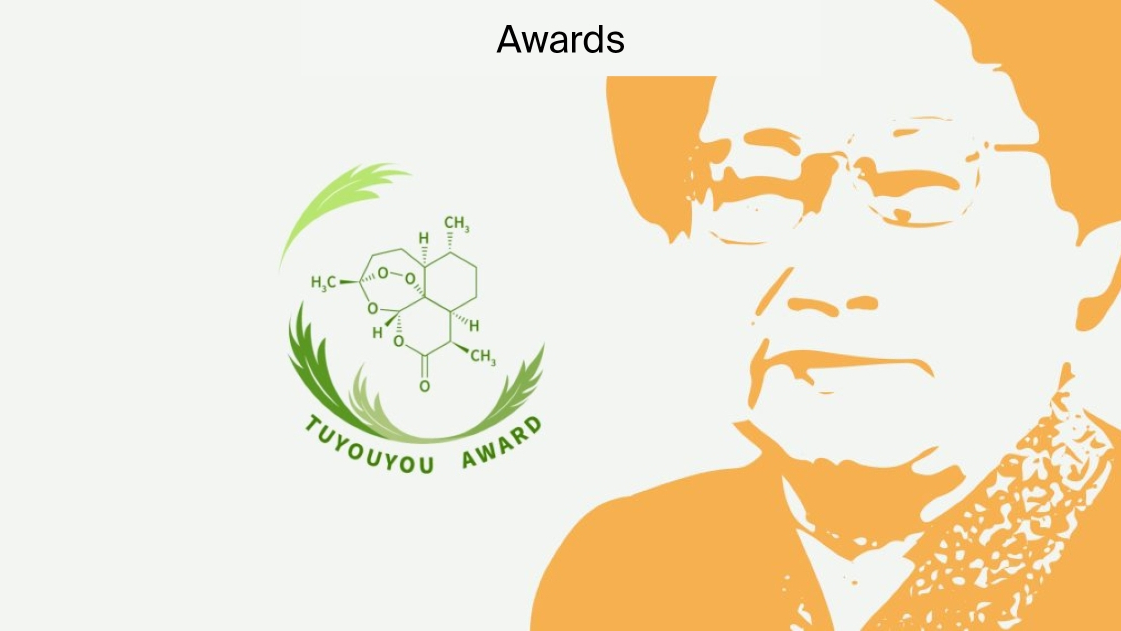

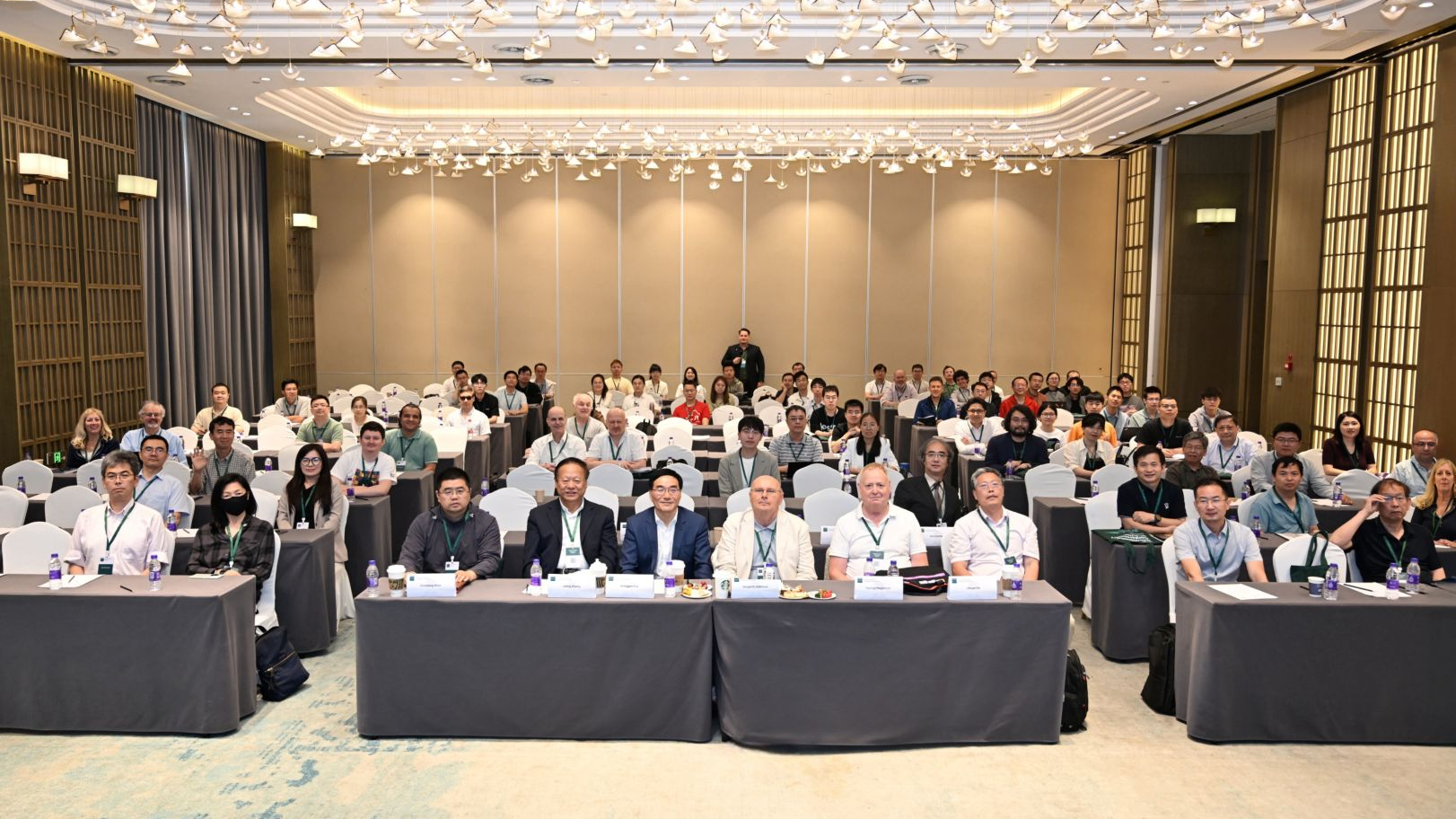

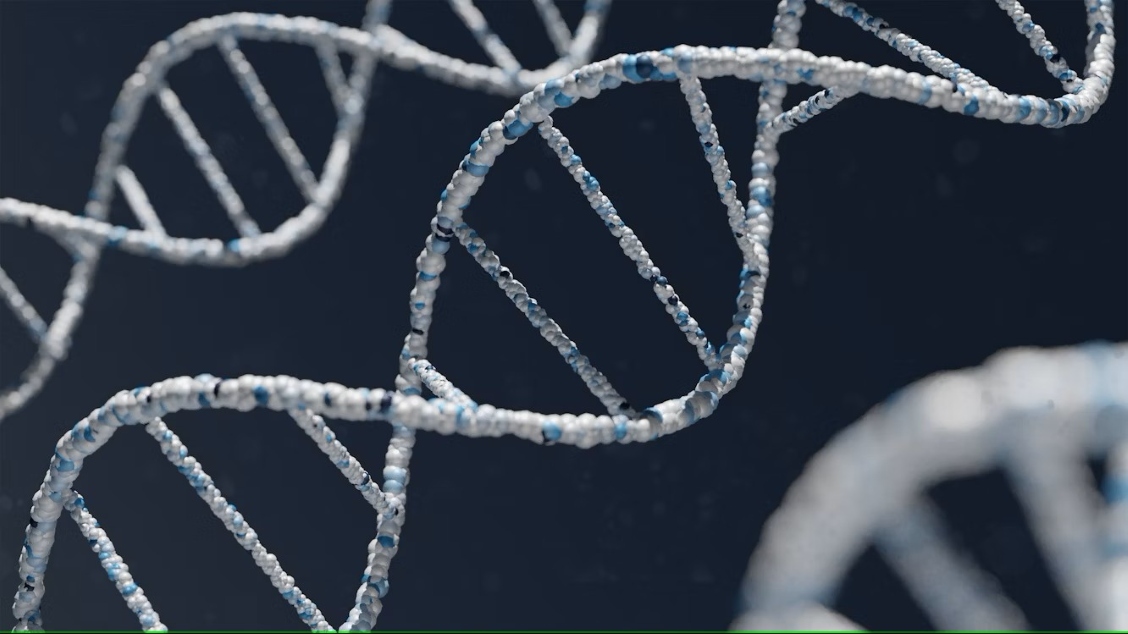



Great atricle!